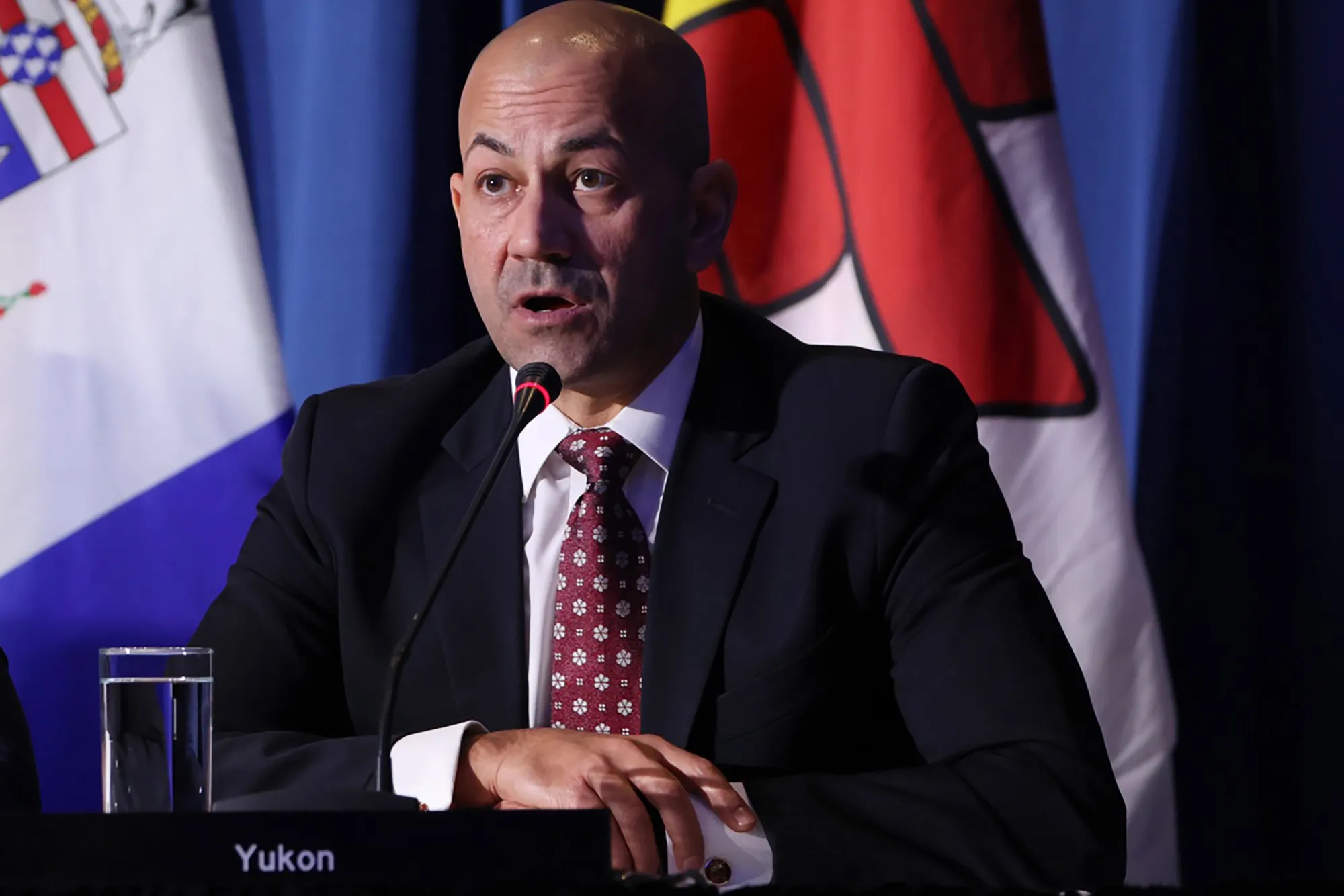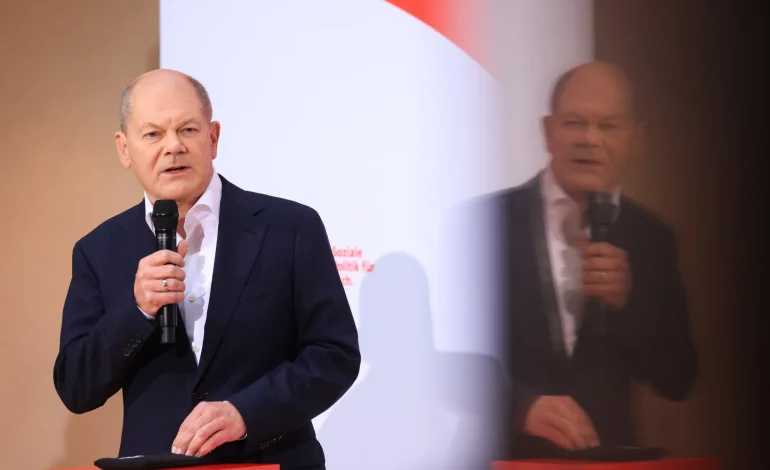German Chancellor Olaf Scholz will intentionally lose a vote of no confidence in parliament on Monday, triggering a snap federal election on February 23, seven months ahead of schedule, Bloomberg reports.
The move follows the collapse of his three-party coalition government last month.
The dramatic turn of events began with the dismissal of FDP Finance Minister Christian Lindner over a budget dispute, leaving Scholz’s Social Democrats (SPD) without a parliamentary majority. This necessitated the call for a vote of no confidence, a strategy designed to force an early election.
Monday’s proceedings will see Scholz address the Bundestag at 1 p.m. local time, followed by a two-hour debate. The vote is expected to conclude around 4 p.m. The far-right Alternative for Germany (AfD) has indicated it will vote against the motion, while the Greens plan to abstain. This near-guarantees Scholz’s defeat, as planned.
Following the vote, Scholz will request that President Frank-Walter Steinmeier dissolve the Bundestag and set the election date, a request the president is expected to approve.
Current polls suggest a tight race. The conservative CDU/CSU alliance, led by Friedrich Merz, currently holds a commanding lead at around 31%, followed by the AfD at approximately 18% and the SPD at 17%. The Greens are at 13%, a new far-left party (BSW) at 5%, and Lindner’s FDP is teetering near the 5% threshold needed for parliamentary representation. A coalition government will likely be necessary after the election.
While Scholz’s position appears precarious, he is not entirely out of contention. His unexpected victory in the 2021 federal election demonstrates his capacity for a political comeback. Furthermore, recent polling suggests Merz’s popularity has waned, while Scholz’s has increased. A Forsa poll showed Merz leading in chancellor preference, but with significant losses in support compared to November, while Scholz gained ground.









